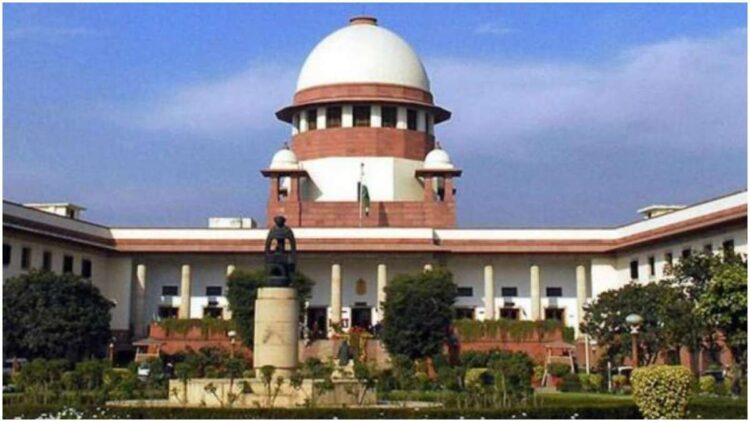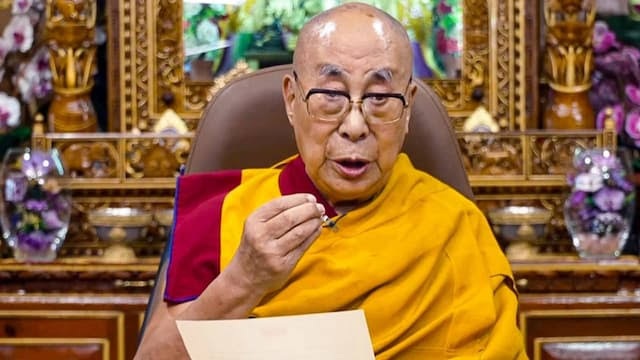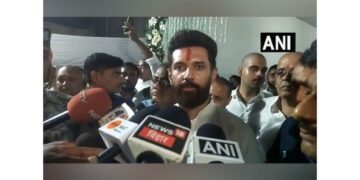Symbolic photo
The Central Government has responded to the Supreme Court today on the petition that banned the election of convicted MPs and MLAs forever. The central government replied to the court, replying that it would be strict to ban the Rajnets to be convicted in criminal cases for a lifetime ban to contest elections. The central government advocated the current law during this period and has said to continue it. In the affidavit filed in the apex court, the Center said that the request made in the petition is similar to writing the legislation or directing Parliament to enact a law in a special way, which is fully from the Supreme Court powers on judicial review Is beyond
This is wrong to impose life ban, this right to Parliament
In the affidavit, the central government said that the question is whether it would be right to impose life ban. It comes completely under the jurisdiction of Parliament. The Center said that it is the established principle of law that punishment is determined either according to time or quantity. Not only this, the affidavit also argued that the issues raised by the petitioner have widespread impacts and are clearly under the legislative policy of Parliament, and will have to make suitable changes in the outline of judicial review in this regard. Advocate Ashwini Kumar Upadhyay has filed a petition in the apex court and requested for speedy disposal of criminal cases against MPs and MLAs in the country, besides imposing a lifetime ban on political leaders convicted.
What did the Center say in the affidavit?
In its affidavit, the Center underlined that the apex court continuously stated that the efficacy of legislative options on one option or another cannot be questioned in the courts. Under Section 8 (1) of the Representation of the Public Representation Act, 1951, the duration of disqualification is six years from the date of conviction or six years from the release date in case of imprisonment. The affidavit states that the disqualifications declared under the above sections are the subject of parliamentary policy and it would not be appropriate to ban lifetime. The Center said that in the case of judicial review, the court could declare the provisions unconstitutional, however, the provision of “six years” in all sub-sections of Section 8 of the Act in relief sought by the petitioner. ‘It has been requested to be read.
Latest india news






